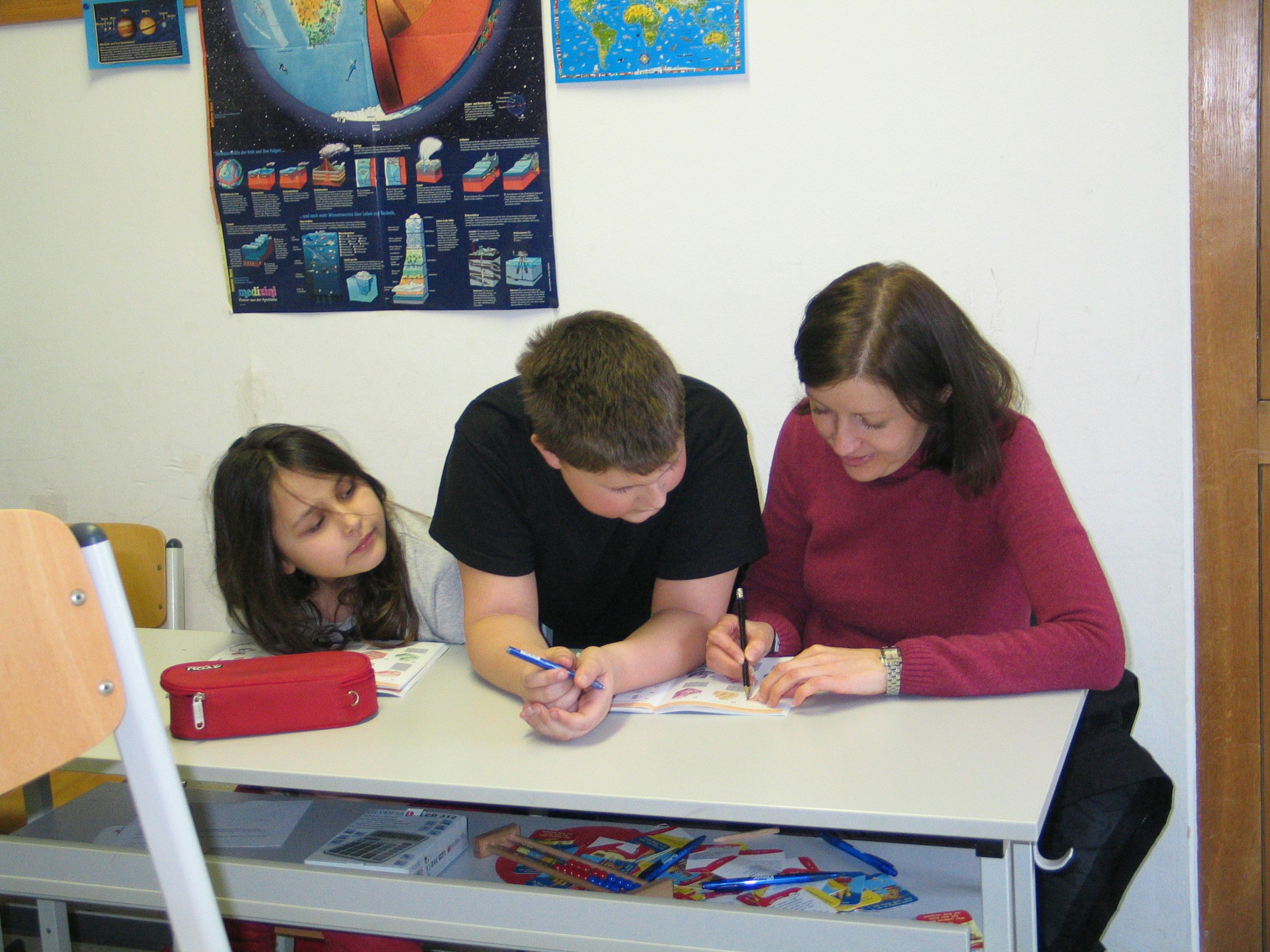I remember one weekend when it wouldn’t stop pouring. There was nothing to go outside for, and no one to notice me—or it—or to come by. At first, the feeling was almost a blessing: time to sleep. But by the second day, the boredom had set in—the kind where you stare at the walls and feel like the clock has slowed to a crawl.
I didn’t want the day to go to waste, so I started searching for something—anything—to make my time at home feel worthwhile. That’s when I realized: there’s so much to learn right where I am. I don’t have to travel anywhere.
Boredom can feel annoying when you’re stuck at home, but it’s also an open door. Your brain starts craving stimulation, and when you give it something to chew on, you may walk away smarter, more creative, and even more confident. This isn’t just about keeping busy—it’s about turning quiet moments into opportunities for growth.
16 Things to Learn When Bored at Home
1. Cooking Something New
Learning to make a new dish sharpens creativity, patience, and focus. You’ll work with your hands, follow instructions, and explore flavors—all while learning to be resourceful in the kitchen.
2. Learning a New Language
Language learning opens your mind to new ways of thinking and seeing the world through a different culture’s eyes. Even learning a few basic words, greetings, and phrases gives a real sense of achievement and mental exercise.
Read also: 15 Fun Friend Date Ideas You Can Enjoy at Home
3. Exploring Music
Music stimulates your mind both logically and emotionally. Practicing rhythm, coordination, and memory—even for a few minutes daily—can lead to skills you never thought you could master.
4. Drawing or Henna Art
Picking up a pencil or brush teaches you to see details—form, color, and shadow—that you might otherwise overlook. Art encourages patience, focus, and personal expression.
Read also: 16 Fun Ways to Take a Mental Break from Life
5. Practicing Mindfulness
Mindfulness is the art of being present with your thoughts. It can transform how you handle stress, make decisions, and connect with others. It’s about awareness of the moment instead of worrying about past regrets or future stress.
6. Gardening
Whether it’s a small herb pot on your windowsill or a backyard project, gardening fosters patience, peace, and a sense of accomplishment—while reconnecting you to nature.
7. Improving Writing Skills
Clarity is key in writing. Journaling, storytelling, or refining your expression in words will help you think more clearly and communicate better.
Read also: 20 Intentional Questions to Ask Yourself Each Day
8. Practicing Memory Techniques

Your brain can remember far more than you think. Exercises to recall names, facts, and daily details can be used everywhere in life and are simple yet powerful mental training.
9. Basic Home Repairs
From fixing a leaky tap to hanging a picture straight, home repair skills save money, prevent frustration, and build self-reliance.
10. Speed Reading
Learning to read faster without losing comprehension helps you process more information in less time—boosting efficiency, not just speed.
11. Basic Coding
Coding enhances problem-solving, creativity, and logical thinking. It’s a skill that connects you to the technology shaping the world.
12. Photography Skills

Mastering your phone or camera helps you capture beauty while understanding how lighting, angles, and composition shape a story.
13. Public Speaking
Clear, confident speaking is valuable in everyday life—not just on big stages. It helps you persuade, connect, and leave a positive impression.
14. Financial Literacy
Money impacts nearly every decision in life. Learning about budgeting, saving, and basic investments can redefine your future (Investopedia – Financial Literacy).
15. Critical Thinking
Developing your ability to analyze, question, and make sound judgments protects you from errors and misinformation—a vital skill in today’s noisy world (Cambridge University – Critical Thinking).
16. Emotional Intelligence
Understanding and managing emotions helps you make better decisions, build stronger relationships, and lead more effectively. Studies link emotional intelligence to both success and happiness (Harvard Business Review – Emotional Intelligence).
Final Thought
You don’t have to run away from boredom—it can become a powerful tool for personal growth. Quiet hours at home don’t require endless funds or elaborate plans. All it takes is curiosity and the decision to use your time well. When you treat boredom as a call to learn, you’ll never lose a day.
Save the pin for later



